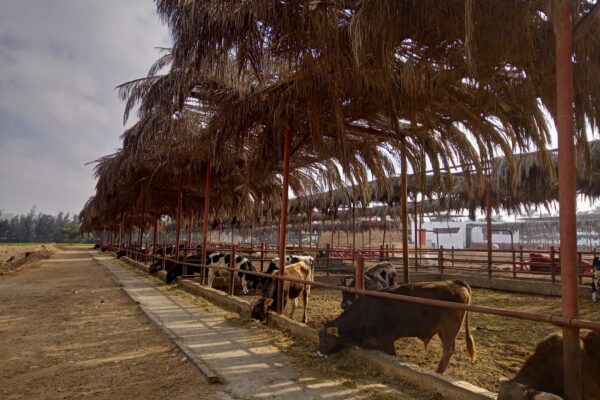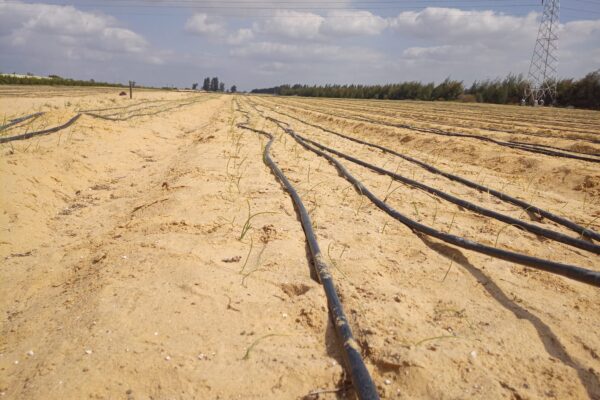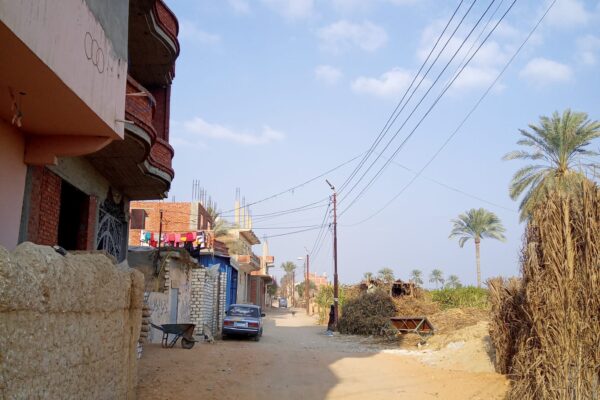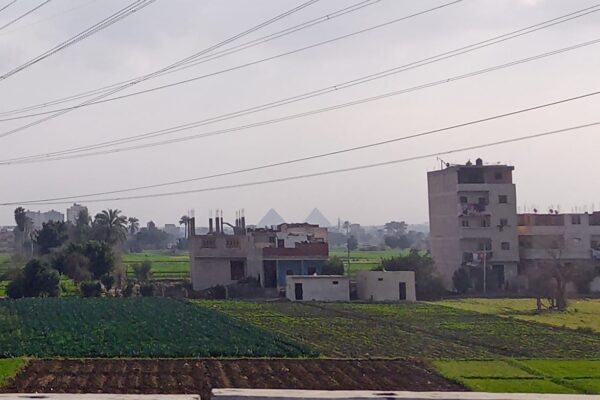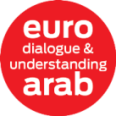From the Cold Dutch Clay to the Warm Egyptian Sands
We are proud to share with you the experience of our recent Travel Grant Recipient, Talis Bosma. We are delighted that we were able to be part of Talis’ exciting professional journey in Egypt! Would you also like to benefit from our Travel Grants? Our applications are open all year! Find out more about the application procedure and criteria here.
After being in Egypt for 2,5 months, Travel Grant Recipient Talis Bosma reflects on his expedition to Egypt so far. Besides work related things, he also learns a lot about the culture and daily life in Egypt.
It’s a Friday evening. I’m sitting in an open air amphitheatre at the innovative desert farm of Sekem in Wahat el- Bahariya. The farm is located at the edge of an ancient oasis with date palms, about 400 kilometres into the desert South-West of Cairo. Two hours ago, I joined an Iftar meal with all 60 workers to break the fast for Ramadan. It is very special to experience as a foreigner. It is nice to see the collective feelings and celebrations. It is dark, I look at the stars and enjoy not hearing anything. Totally different then Cairo. This remote place is still pure. Still extremely quiet.
I spend some days at the Wahat farm in the desert to carry out research on green manure crops for Demeter Egypt. These are crops grown to improve the soil. The crop residues and the roots bring in organic matter in the soil, which captures nutrients and water in the sandy desert soil. The farm in Wahat is part of the Sekem initiative to reclaim desert land in a sustainable way by growing organic crops. Pivot irrigation and compost are used to make the dry desert soil suitable for crops. Crops to regreen the desert. Plants are, especially in desert conditions, the connection between the sun, water and the earth. Life and lives are literally created on the farm. Humans are the connector, they bring in the missing water element needed for life. However, they are also the most vulnerable part of the system. Humans can make or break the system. By carrying out field research to this new technique, I hope to contribute to “making” the system. As most of Egypt is still bare desert, updating knowledge about creating good soils is important for the country. In the Netherlands, this particular farming technique is quite common. Here it is completely new, so it was nice to be able to share my knowledge and experience about this topic.
So far my time in Egypt had it’s up and downs. Egypt is a country of extremes I learnt. I’m glad I had the chance to see interesting places during my work trips around the country. Providing training about sustainable business and climate smart agriculture to university staff in the Fayoum oasis for Delphy, or working on the Sekem farms for Demeter Egypt were some extremely nice experiences.
I also got to know a lot of friendly people during my time in Egypt. My Egyptian colleagues for example, were always available in good and bad times. One of them even stayed up all night while I had a nightmare trip via eight hospitals in Cairo to get an urgent Rabies vaccination after being attacked by a dog. I felt like I was in a horror movie, but I knew I was not alone. Or when I spent five hours in detention after being wrongly suspected for espionage, a whole team of people joined forces to get me out again. If something bad happens, everyone is very helpful.
While watching the dark sky with stars in the middle of the desert, I hope I finished my part of bad luck and I will experience only good things for the remainder of my Egypt time. Being at this remote place, seeing the potential of the area and being able to contribute something is already a positive first step and very motivating to keep on exchanging knowledge and experience between Egypt and the Netherlands.
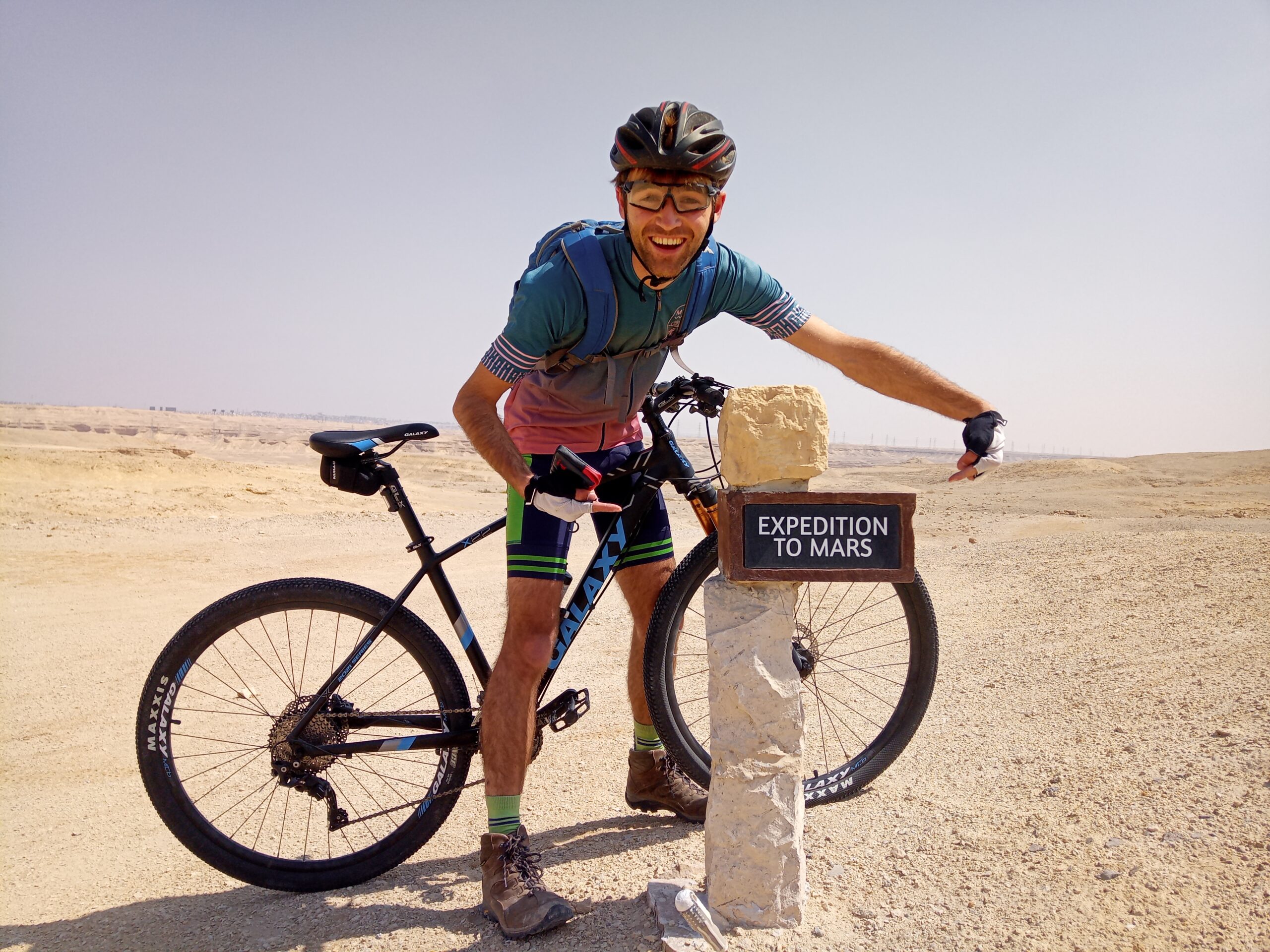
Hi! My name is Talis from The Netherlands. I’m a 25 year old organic agriculture specialist, aiming to help improve the Egyptian agricultural sector. To be able to do this, I’m a proud participant of the Lutfia Rabbani scholarship program.
Two weeks ago I landed at Cairo airport to take a deep dive into the Egyptian (agri)culture. I came to Egypt after finishing my masters at Wageningen University. Originally it was my plan to go to Egypt in 2021 for an internship, however, because of the COVID situation, this was not possible anymore. Sadly I got the final cancellation just a few weeks before departure, so this was very disappointing. Luckily, I found an alternative in the Netherlands quickly. Via Delphy, a Dutch Agri-consultancy company, I was able to complete my internship while working online on several agricultural projects in amongst others Egypt, Jordan and Iraq. Of course, I was happy to complete my studies this way, but by getting involved in several projects in Egypt, the desire to actually go there even increased.
After finishing university I was thinking about what to do. I got several very attractive well-earning job offers, but decided to do it differently. My desire for adventure, exploring and learning took over. Especially since half of my study time in Wageningen took place in strange COVID circumstances, I felt like this would be the right moment to go to another place and culture and to step into the unknown.
As I still had good contacts with Delphy and their partners in Egypt, it was fairly easy to arrange something. So here I am. Making this introduction underneath the shadow of a tree, looking to the date palms in front of me. My current stay is in the Orabi settlement. This is an agricultural area reclaimed from the desert on the Northern side of Cairo. It’s almost like a green island in between bare desert and the busy suburbs of Cairo.
These past two weeks I’ve been working on agricultural projects about, for example, salinization, beekeeping, improving soil quality, creating new business models for farmers and training of teachers. I participate in projects from Delphy and Demeter Egypt. This is the Egyptian biodynamic association, an organization that supports farmers with converting to organic and biodynamic agriculture. Demeter Egypt is located at the campus of the Heliopolis University in Cairo, so this the base location of my activities. From here I visit farmers and companies across the Nile delta and further. Heliopolis University and Demeter Egypt are founded by Sekem, an agricultural company focussed on sustainable development. They build communities by cultivating crops in reclaimed desert fields, and open schools and companies. A place full of inspiration to learn from.
This is exactly what I’m aiming for in Egypt. Learning from nice initiatives like Sekem and how famers deal with increasing salt problems, which might become a topic in the Netherlands in a few years. In the same time, I try to return knowledge and advice back to farmers via projects as there is still a lot to improve. With this approach of intercultural knowledge exchange, I expect to have a benefit from both sides.
As I will stay in Egypt for at least 6 months, I will keep you updated with experiences and stories!

